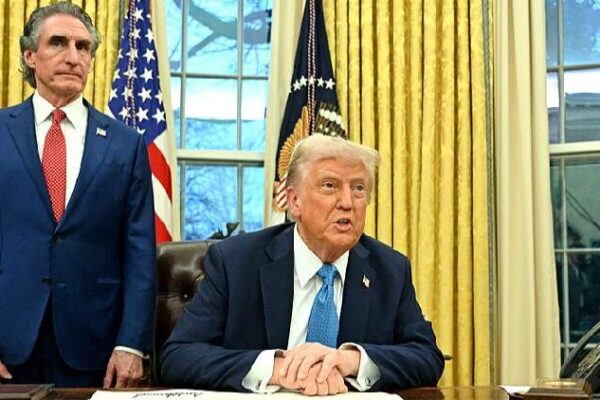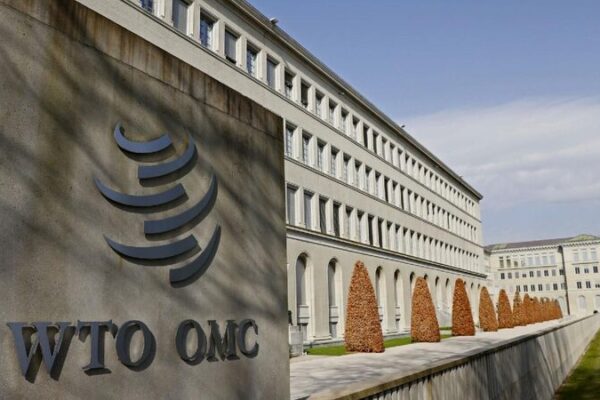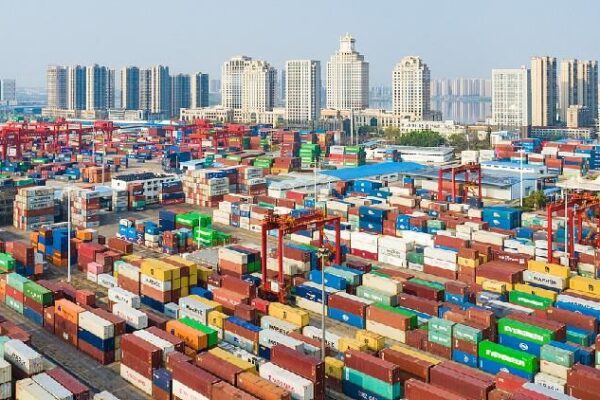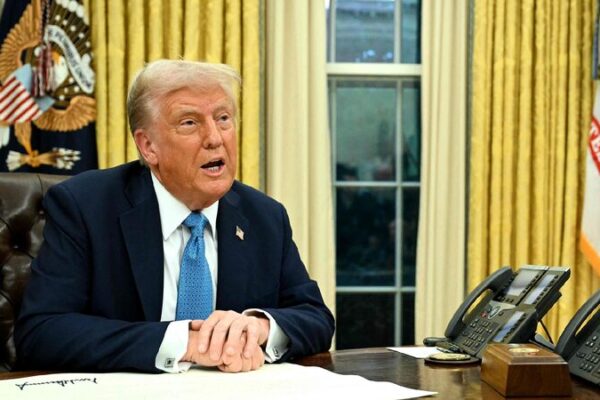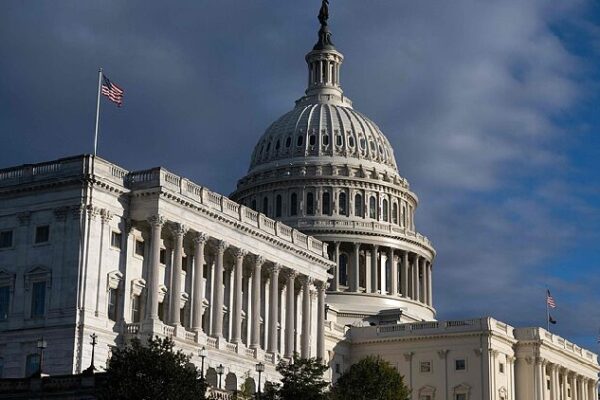China has announced a series of countermeasures in response to the United States imposing an additional 10 percent tariff on all Chinese exports to the U.S., citing concerns over fentanyl. On Tuesday, the Ministry of Commerce stated that China has formally filed a case under the World Trade Organization (WTO) dispute settlement mechanism against the latest U.S. tariff hike.
Export Controls and Unreliable Entities
China is targeting several U.S. entities with export controls and tariff hikes. Fifteen U.S. entities, including Leidos, have been placed on China’s export control list. These entities are now prohibited from receiving dual-use items from China, and any ongoing exports must be halted immediately. Special cases requiring exports must first obtain approval from the Ministry of Commerce.
In addition, ten U.S. companies, including TCOM, have been added to China’s “unreliable entity list.” These companies are now banned from engaging in import and export activities related to China and from making new investments in the country. Effective February 4, 2025, the U.S. company Illumina Inc. has also been added to the list, with restrictions prohibiting its export of gene sequencing devices to China.
Additional Tariffs on U.S. Imports
Starting March 10, 2025, China will impose additional tariffs on a range of imports from the U.S., according to the Customs Tariff Commission of the State Council. A 15 percent tariff will be applied to chicken, wheat, corn, and cotton, while sorghum, soybeans, pork, beef, seafood, fruits, vegetables, and dairy products will face a 10 percent tariff. These additional tariffs are applied on top of existing duties, but current bonded, duty-free policies remain unchanged. Shipments that depart before March 10 and arrive in China between March 10 and April 12 will be exempt from the additional tariffs.
Official Response from the Foreign Ministry
At a press briefing on Tuesday, Foreign Ministry spokesperson Lin Jian addressed the issue, affirming that the tariff increases were a legitimate response to protect China’s interests. Lin stressed that the root cause of the fentanyl problem lies within the U.S., noting China’s efforts to help combat the crisis.
“China does not fear coercion or bullying,” Lin stated. “If the U.S. insists on escalating tensions through tariffs or other confrontational tactics, China will respond accordingly. We urge the U.S. to abandon its bullying approach and return to dialogue and cooperation based on mutual respect.”
Lin criticized the U.S. for shifting blame onto China, calling the tariff increase a form of pressure and extortion. He emphasized that such actions would not solve the U.S.’s domestic issues and would severely damage cooperation between the two countries in the fight against drug trafficking.
Reference(s):
cgtn.com

